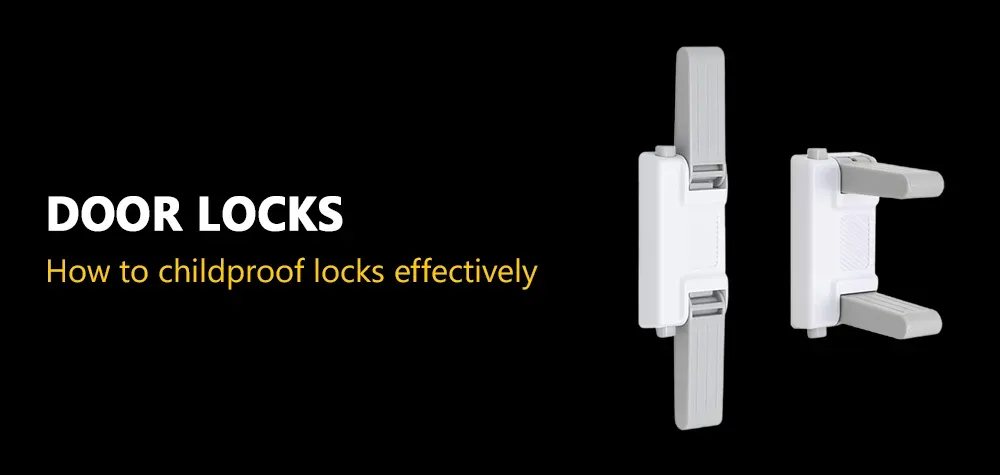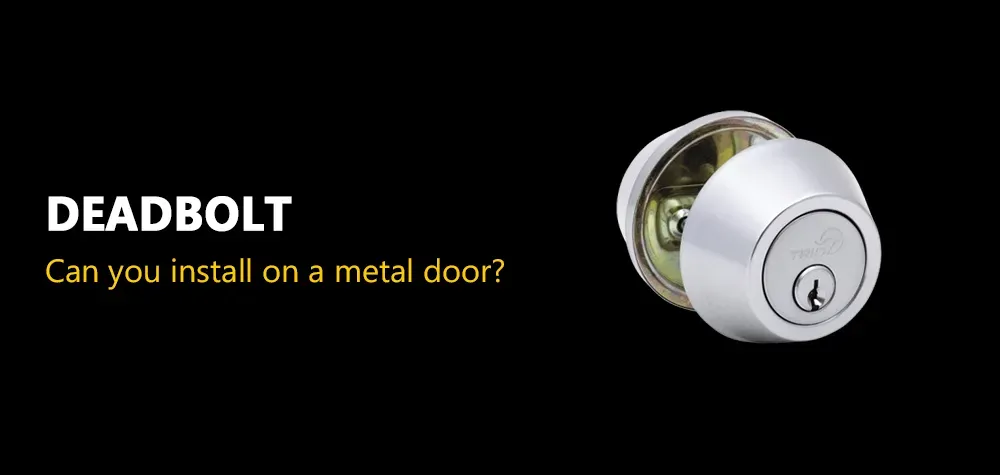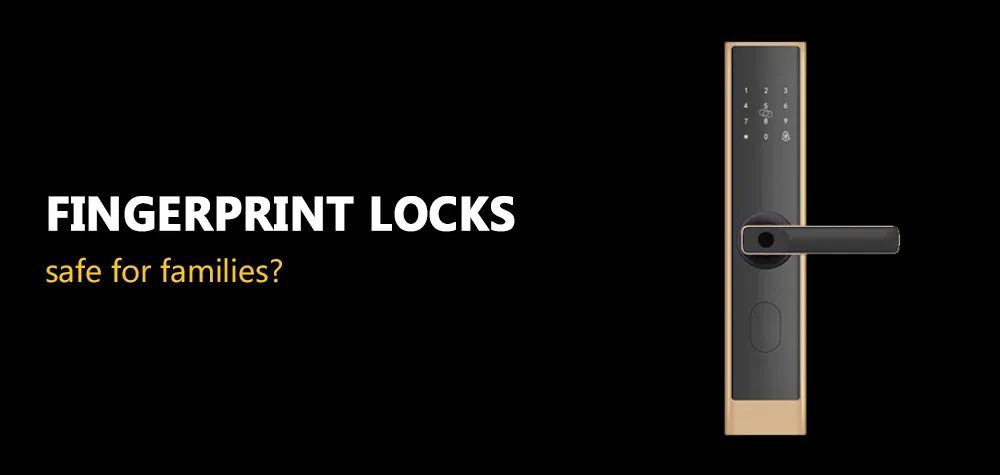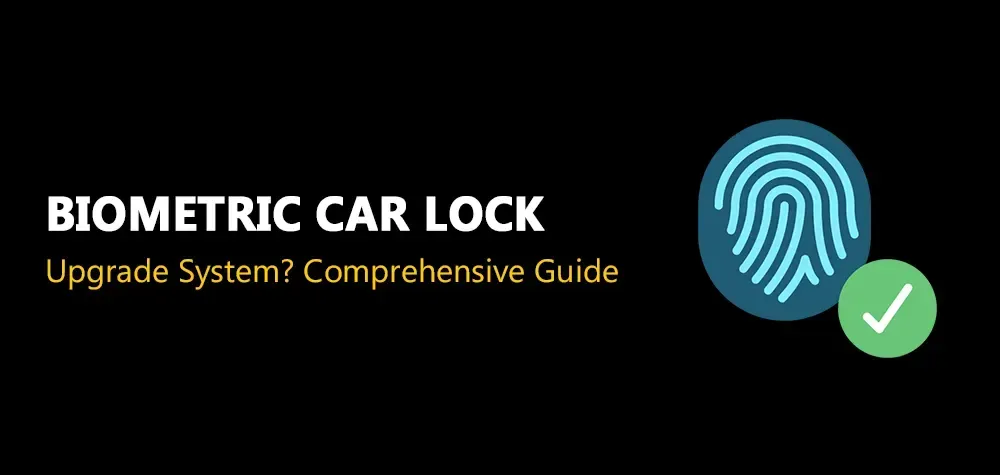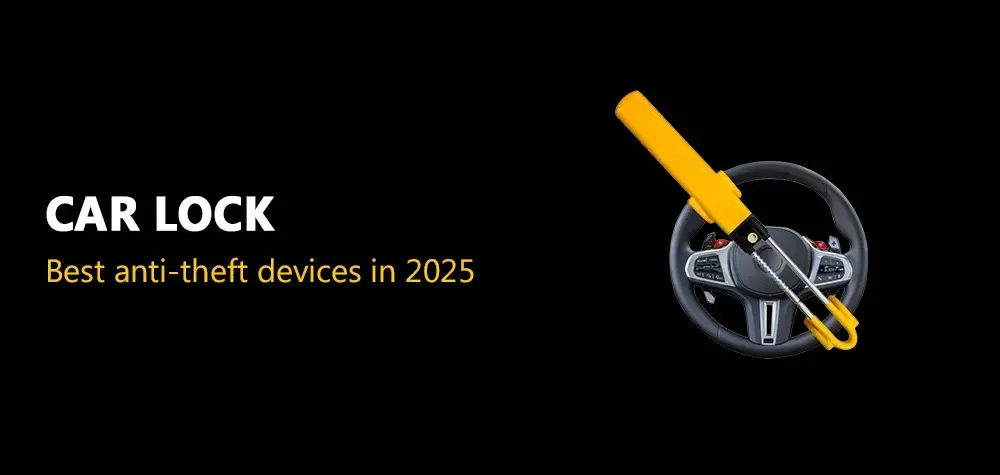What Is Lock Rekeying and When Should You Consider It?
Lock rekeying is a cost-effective and secure way to enhance your home or business security without replacing the entire lock. Whether you’ve moved into a new property, lost your keys, or experienced a security breach, rekeying provides a convenient solution to control access and protect your property.
This guide will dive deep into lock rekeying, its benefits, how it works, and when it’s the best option for your security needs.
What Is Lock Rekeying?
Lock rekeying is the process of altering a lock’s internal mechanism (the pins and tumblers) so that it operates with a new key. Unlike lock replacement, where the entire hardware is changed, rekeying retains the lock body and replaces only the inner components.
How Does Lock Rekeying Work?
The process involves:
Disassembling the Lock: A locksmith removes the lock cylinder.
Replacing the Pins: The old pins in the cylinder are swapped out for new ones that match a different key.
Reassembling the Lock: The lock is put back together and tested with the new key.
Rekeying ensures the old key no longer works, granting control over access without investing in a new lock.
Why Rekey a Lock Instead of Replacing It?
While replacing a lock might seem like a straightforward option, rekeying offers unique advantages:
| Aspect | Rekeying | Replacing | |
| Cost | Generally more affordable. | Higher cost due to new hardware. | |
| Time | Faster as it uses the existing lock body. | May take longer due to installation. | |
| Security Level | Offers the same level of security with new keys. | Can increase security if upgraded hardware. | |
| Convenience | Ideal for key control without hardware changes. | Necessary if the lock is damaged or outdated. |
When Should You Consider Rekeying a Lock?
There are several scenarios where rekeying is a smart choice:
1. Moving into a New Home
When moving into a previously owned property, it’s crucial to rekey the locks. You never know who might still have a copy of the old keys, from contractors to previous tenants.
2. Lost or Stolen Keys
If you’ve misplaced your keys or they’ve been stolen, rekeying ensures unauthorized individuals cannot access your property.
3. Change in Tenants or Employees
For landlords and business owners, rekeying is an efficient way to secure the property between tenant turnovers or after an employee leaves the company.
4. Upgrading Security
If you want better key control or a master key system, rekeying can provide enhanced security without replacing locks.
5. After a Break-In Attempt
Even if the lock isn’t visibly damaged, rekeying ensures no one has access to your property with an old or compromised key.
How Much Does Lock Rekeying Cost?
The cost of rekeying varies depending on several factors:
Type of Lock: More complex locks, like smart locks, can cost more to rekey.
Number of Locks: Rekeying multiple locks increases the overall cost.
Labor Fees: Professional locksmith services include a service charge.
DIY Rekeying: Is It Possible?
Rekeying kits are available for DIY enthusiasts. However, the process requires precision and might not be suitable for everyone.
Pros of DIY Rekeying:
Saves money on locksmith fees.
Convenient for those with technical skills.
Cons of DIY Rekeying:
Risk of improper rekeying, leading to lock failure.
Kits may not work with all lock brands or models.
Benefits of Lock Rekeying
1. Cost-Effective
Rekeying is significantly cheaper than replacing locks, making it an ideal solution for budget-conscious homeowners.
2. Improved Security
Rekeying eliminates the risk of unauthorized access with old keys.
3. Simplified Key Management
Rekeying multiple locks to a single key provides convenience without compromising security.
4. Eco-Friendly
Since you’re not discarding old locks, rekeying is a more sustainable option.
How to Know If Rekeying Is Right for You
Consider these questions:
Are your locks in good condition, but you want new keys?
Do you need to secure your property quickly and affordably?
Are you interested in consolidating keys for easier management?
If the answer is yes to these questions, rekeying is likely the best option.
When to Call a Professional Locksmith
While rekeying is a relatively simple process, professional locksmiths offer:
Expertise: Ensures your locks are rekeyed correctly.
Advanced Tools: Can rekey all types of locks, including high-security and smart locks.
Master Key Systems: Professionals can create advanced systems for homes or businesses.
FAQs About Lock Rekeying
1. How long does it take to rekey a lock?
A locksmith can typically rekey a lock in 10–15 minutes, depending on the type of lock.
2. Can all locks be rekeyed?
Most standard locks can be rekeyed. However, some older or specialized locks may require replacement.
3. Is rekeying a lock as secure as replacing it?
Yes, rekeying changes the internal mechanism, rendering old keys useless and ensuring security.
4. Can rekeying improve lock security?
Rekeying alone doesn’t enhance the lock’s physical strength but ensures old keys can’t operate it.
5. What is a master key system?
A master key system allows one key to operate multiple locks, while individual keys work only on specific locks.
Conclusion
Lock rekeying is a practical, cost-effective solution for enhancing security without replacing your locks. Whether you’ve moved into a new home, lost your keys, or want better control over access, rekeying offers a tailored solution to meet your needs. For the best results, consult a professional locksmith to ensure your locks are rekeyed properly and efficiently.
Call Us Any Time!
